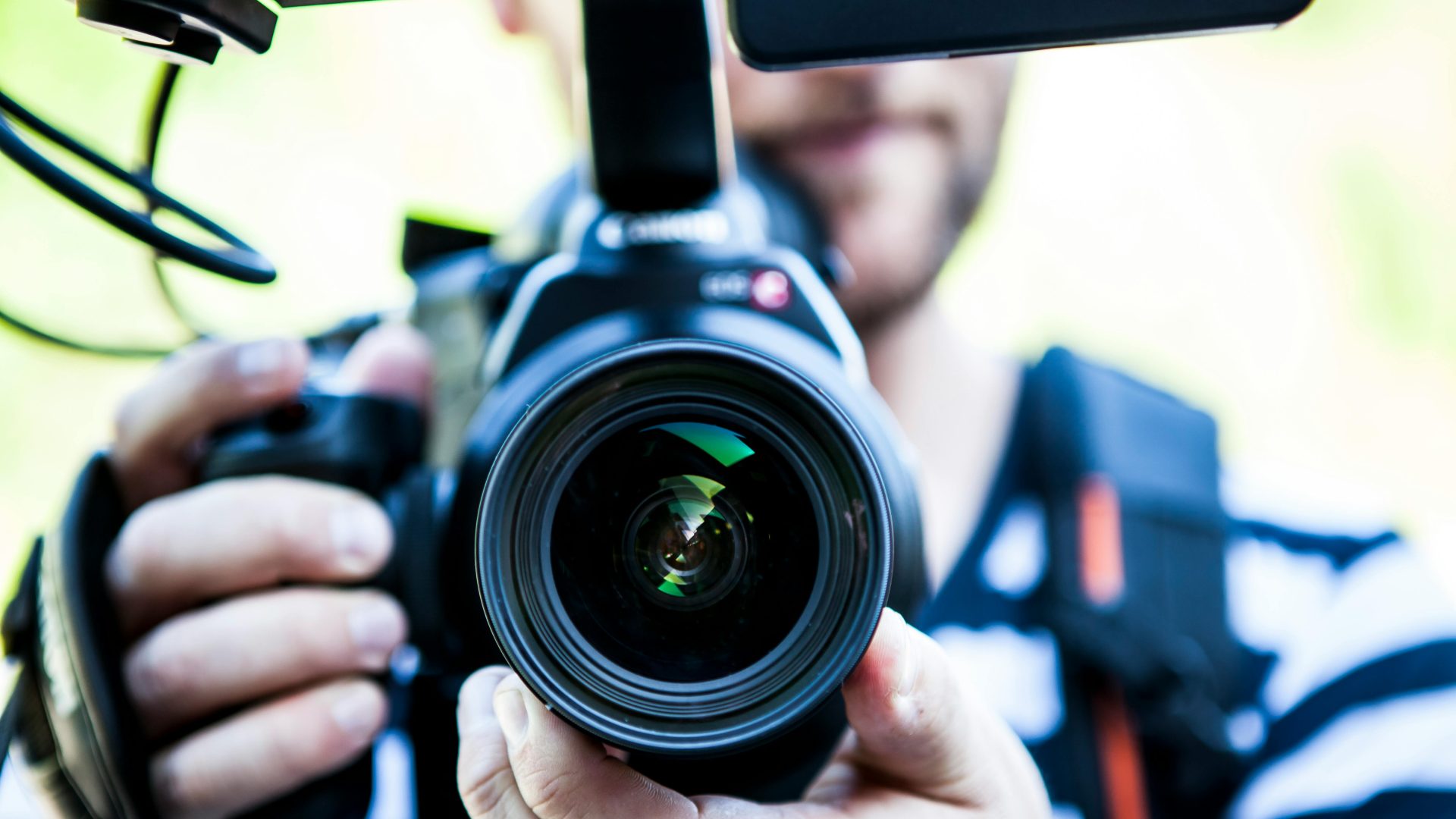Exhausted by All These Whistleblowers
“So, I was part of a highly classified unit—one that leaves no paper trail, isn’t accessible via FOIA requests, and changes its name every few months. Yes, my first job might show up as being a plumber on Google, but that was just part of my new cover. I got recruited by agents from a three-letter agency right after graduating from MIT with honors for developing a portable black hole. I worked closely with non-human intelligence (NHI) and even flew in UFOs. I have loads of video footage that proves the government has been in contact with them for years. Oh, and that newspaper article claiming I was seen running through town naked and screaming about demons? That was fabricated by the agency to tarnish my reputation.”
It sounds convincing, right? Why would someone make up a story like this and risk their credibility? And if he’s not genuine, why would they go to such lengths to portray him as unstable?

It’s easy to get drawn in by wild claims, especially when they’re wrapped in a veneer of complex stories involving secret agencies and advanced technology. However, it’s important to approach these kinds of stories with a healthy dose of skepticism. There are a few reasons why someone might fabricate or exaggerate such experiences:
Craving Attention or Fame: Some individuals may feel overlooked or want to become famous, and sharing a sensational story can gain them the attention they seek.
Mental Health: It’s possible that the person is struggling with their mental health, which can lead to distorted perceptions of reality and delusions.
Cultural Phenomena: Conspiracy theories have become increasingly popular in the age of the internet, and some people might get caught up in these narratives, blending reality with fiction.
Misinformation: The spread of false information can create a feedback loop where one person’s claims inspire others, whether consciously or unconsciously.
While it’s tempting to believe in extraordinary stories, it’s crucial to require evidence and to think critically about the motivations behind such claims. How does one validate the existence of UFOs or NHI? What concrete evidence can be presented to corroborate the story? Skepticism doesn’t mean dismissing all incredible claims; it just means asking for proof and keeping an open mind while remaining grounded in reality.